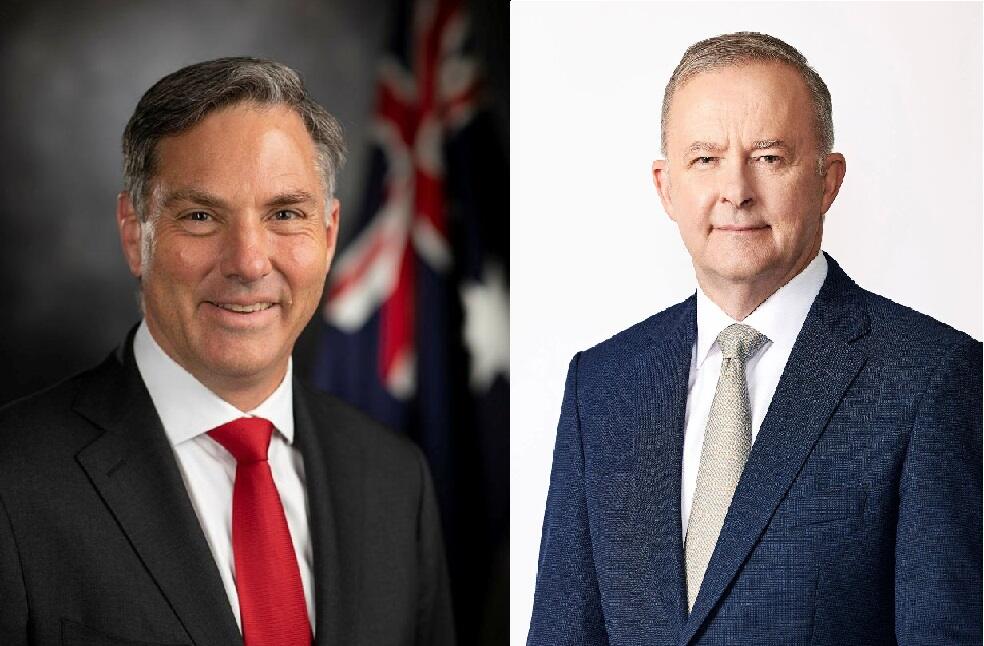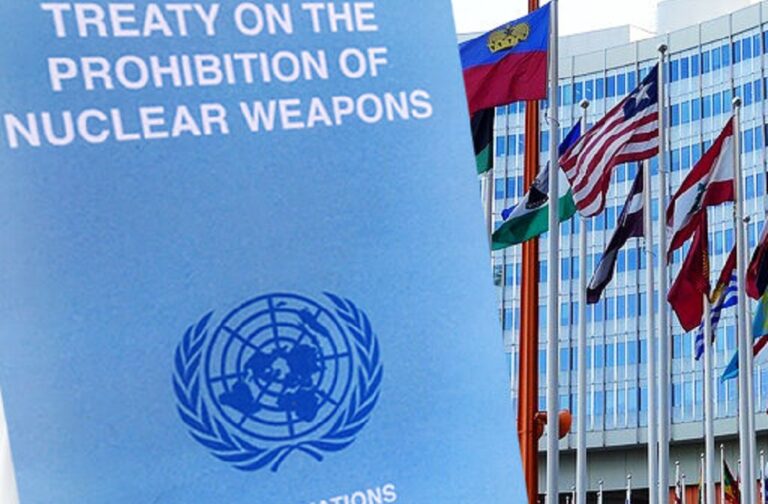Canberra, Australia: The United States has warned Australia from endorsing a historic nuclear weapons ban pact, claiming that doing so could jeopardize the defense cooperation between the US and its allies.
However, New Zealand sited that it was “pleased to observe a positive shift” in Australia’s position in a United Nations vote and “would, of course, welcome any new ratifications as an important step to achieving a nuclear-weapon-free world.” Following 5 years of unrelenting resistance from the Governing coalition, the Albanese government changed Australia’s voting position on the treaty banning nuclear weapons to “abstain.”
The relatively recent pact forbids producing, testing, stockpiling, using, or threatening to use nuclear weapons as well as assisting other nations in doing so. Nevertheless, all the nuclear weapon states and the majority of their allies have avoided it thus far.
The treaty would not allow for US extended deterrence relationships, which are still necessary for international peace and security.
The US embassy in Canberra mentioned.

That is an allusion to Australia’s reliance on American nuclear forces, or the so-called “nuclear umbrella,” to thwart any nuclear assault on Australia despite the fact that Australia has any atomic weapons of its own. The remarks show the opposition Australia will encounter from its major security ally if it moves closer to ratifying and signing the treaty, even though that still seems far off.
Australian officials met with New Zealand’s Phil Twyford, the country’s minister for disarmament and arms control. Despite conceding that it was “up to Australia to determine its position,” a representative for the Ministry of Foreign Affairs and Trade said New Zealand continued to push all nations that were not yet parties to the treaty to sign and ratify it “at the earliest opportunity.”
Anthony Albanese, the Prime Minister of Australia, has advocated against nuclear weapons, calling them “the most destructive, inhumane, and indiscriminate weapons ever created.”

At Labor’s 2018 National Conference, Prime Minister Albanese moved the motion supporting the Treaty on the Prohibition of Nuclear Weapons, stating that the work would not be simple or easy but that it would be “just.” The agreement went into effect last year and currently has 91 signatories, 68 of which have legally approved it.
In its national program for 2021, Labor pledged to ratify the treaty “after taking into consideration” a number of criteria, including the necessity for a strong verification and enforcement framework and efforts to win widespread support. Such circumstances imply that there may still be significant obstacles preventing real treaty membership.
Australia aims to acquire nuclear-powered but conventionally armed submarines via the Aukus deal, which also includes the UK, as it pursues greater security and defence cooperation with the US. To ensure that Aukus is accepted internationally, Australia must “ensure that we are able to be good nuclear stewards from cradle to grave,” according to Defence Minister Richard Marles, who spoke at the Submarine Institute conference in Canberra.



